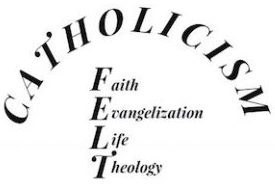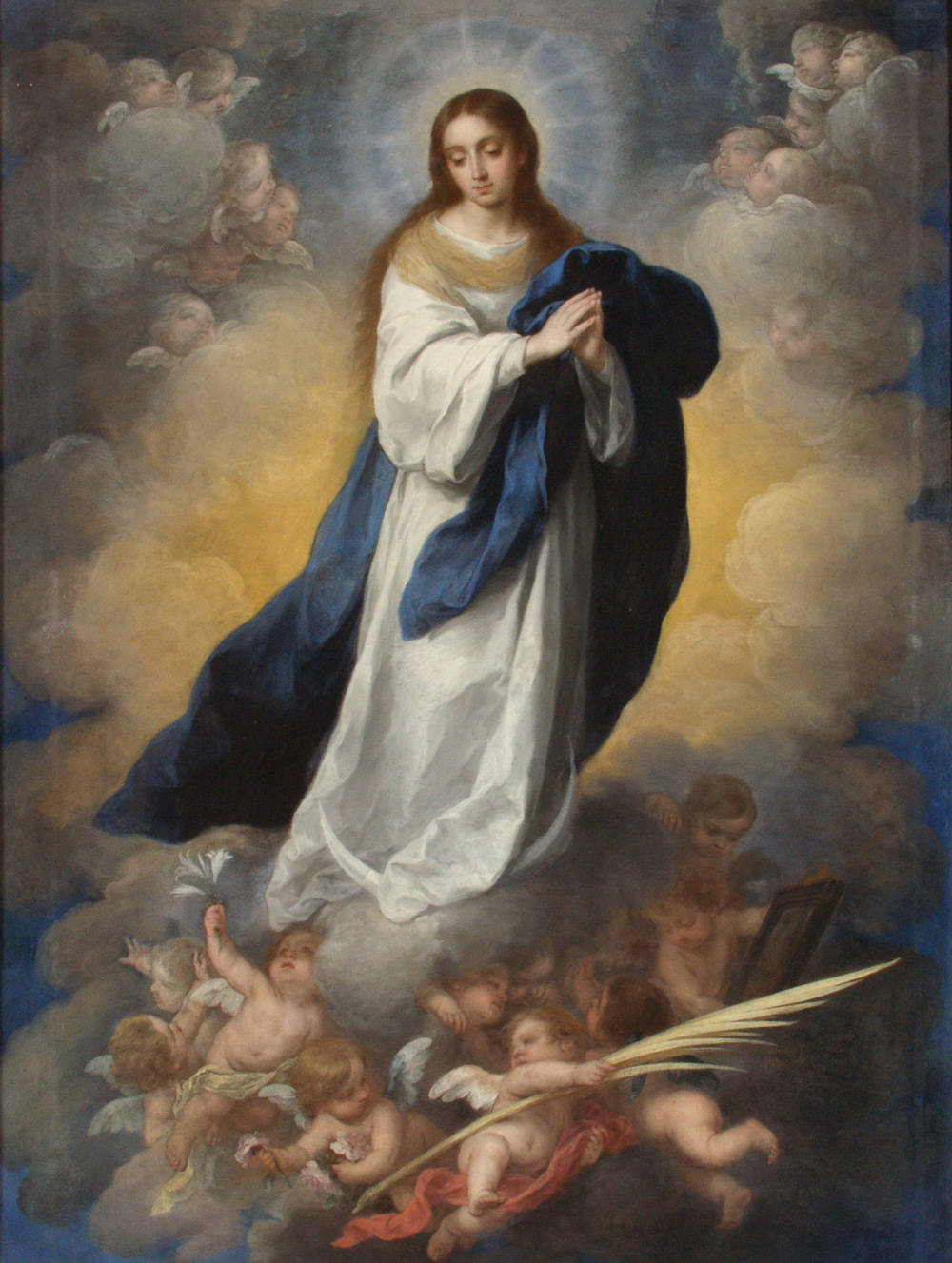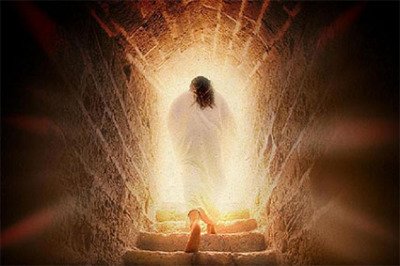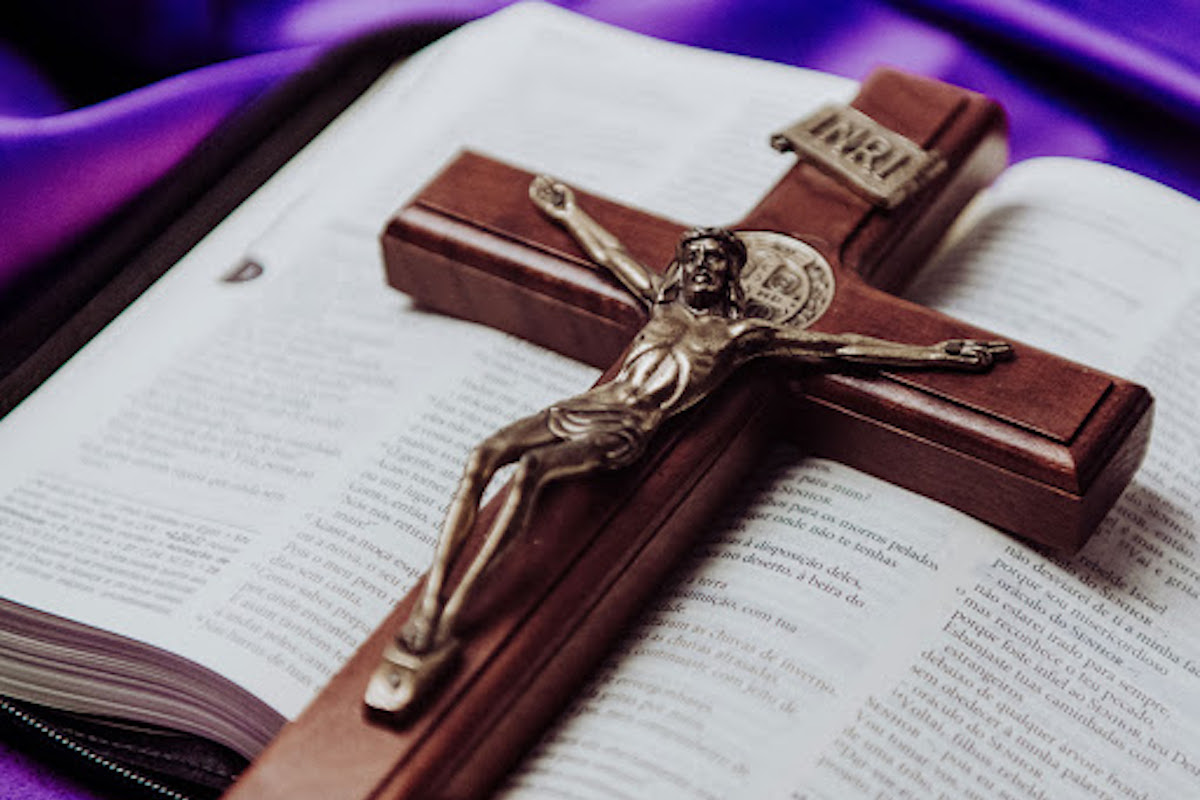
Living a Holy Week…
On Palm Sunday, the Catholic Church celebrates the day in which Christ, in order to generously fulfill the Will of God, solemnly entered Jerusalem where He would die for our salvation. With palms, we glorify and praise the King of Kings, who has come into this world in the form of a slave (1st reading: Flp 2, 6-11) to offer to humanity the greatest service possible: “give His life as a ransom for many.” (Mt 20:28)
Indeed, we must meditate more intensely on the great mystery of the passion and death of our Lord Jesus Christ, who, having full authority, chose to suffer everything for love of us and for our salvation. Therefore, it will be beneficial to do the following five things in the coming days:
1) On Holy Monday: consider whether or not our lives honor Jesus Christ, and ask Him for the grace to be able to live more for Him.
2) On Holy Tuesday: meditate on the times in which we, like Peter, have denied Christ, and how we need Him to give us the strength to be His true witnesses.
3) On Holy Wednesday: meditate on the times in which we, like Judas, have betrayed Jesus, and say to Him throughout the day, “Jesus, Son of God and Son of Mary, have pity on me.”
4) On Holy Thursday: spend at least an hour in spirit with Jesus in the Blessed Sacrament, who asks us, as He asked His disciples, “Could you not keep watch with Me for one hour? Watch and pray that you may not undergo the test.”
5) And on Holy Friday: participate, with great fervor and contrition, in the prayer of the Via Crucis.
These five resolutions will help us have a Holy Week. The following parable/story sums up well the significance of what we celebrate during Holy Week:




